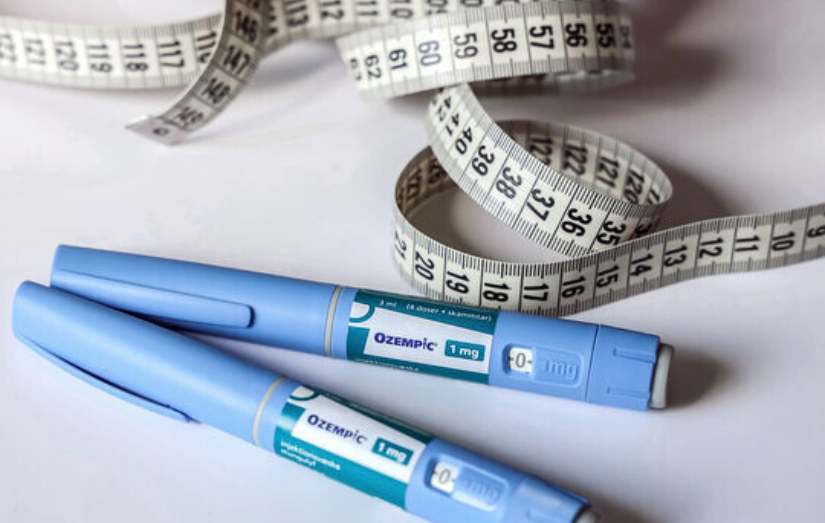Semaglutides, like Ozempic, Wegovy, and Rybelsus, are HOT topics right now. Although originally put on the market to treat type II diabetes they have now become popular weight loss drugs. Yet, how do they actually affect your body? We’re here to help you find out.
What are Semaglutides and what do they do?
Semaglutides fall under a class of medication known as glucagon-like-peptide (GLP-1) receptor agonists. Basically, that means it mimics the natural hormone you produce in your gastrointestinal tract to regulate hunger and eating, the GLP-1 hormone.
The purpose of GLP-1 hormone is to prompt the body to produce more insulin to lower blood glucose levels. In higher amounts it also reduces appetite by sending a signal to the brain that you are full.
This lowering of blood sugar and sense of satiety is what makes semaglutides effective weight loss drugs. Yet, this does not mean this drug is for everyone and should be utilized with caution. In addition, there are other things you can do to support this natural occurring hormone in the body.
How can you produce GLP-1 naturally?
Studies have shown increasing these foods in your diet naturally increases the production of GLP-1:
- Herbs: tea, curcumin (from turmeric), cinnamon
- Resveratrol: the antioxidant found in red wine and grapes
- High quality protein, rich in essential amino acids. Think animal proteins
- Supplemental amino acids: glutamine, in particular, which is rich in collagen
- Foods rich in antioxidants and flavonoids: brightly colored fruits and vegetables.
- Fiber intake through raw fruits and vegetables. This will also help you feel more full.
How to support your body if you are taking a semaglutide?
- Eat small, consistent meals. If you over indulge this will end up making you feel sick due to the appetite suppressing quality of the medication. Yet, be sure to eat regular meals so your blood sugar remains balanced.
- Weight lift 2-3x/week. Individuals often experience muscle loss while on this medication. Maintaining a lifting schedule will help keep your muscles from atrophying.
- Increase protein intake. Make this the primary part of your diet to maintain muscle mass and keep you feeling full.
- Take a high-quality multivitamin. As you are likely not eating as much there is a risk of becoming nutrient deficient. A multivitamin will cover your bases.
- Take a high quality probiotic to keep your microbiome balanced. GI upset and constipation are some of the side effects of these medications.



